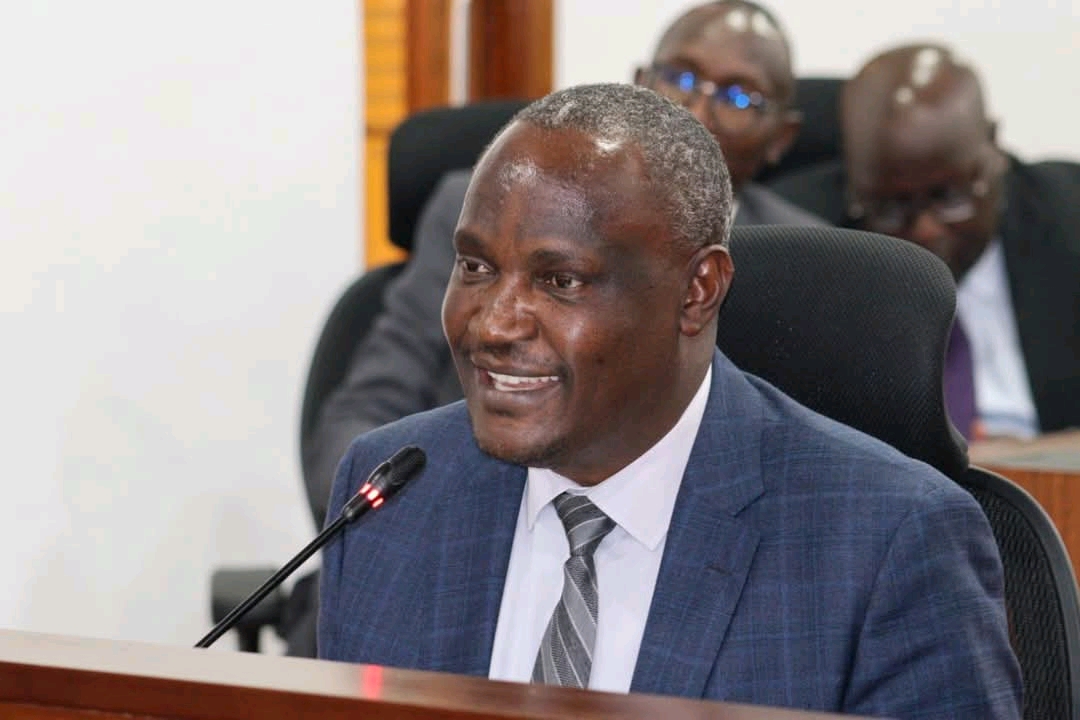MPs and CS Mbadi Clash Over E-Procurement Rollout
Share
Members of the Select Committee on Implementation are advocating for a phased rollout of the Electronic Government Procurement System (E-GPS) to avoid potential disruptions in public procurement.
During a meeting with the Cabinet Secretary for National Treasury and Economic Planning, Hon. John Mbadi, the lawmakers argued that the system’s rollout had been rushed.
They urged the government to allow both manual and electronic procurement systems to run concurrently as user capacity is built nationwide.
Committee Chairperson Hon. Raphael Wanjala questioned why the Treasury had not introduced new regulations or sought amendments to the Public Procurement and Asset Disposal Act, 2015, to address the gaps in implementing the system.
Hon. Mark Mwenje echoed these concerns, insisting that government directives cannot override existing law, which permits both manual and electronic systems.
CS Mbadi Defends E-GPS
CS Mbadi defended the rollout, describing E-GPS as an “effective tool against corruption” and wastage. While acknowledging that the law allows both systems, he emphasized that the government had chosen the electronic option as the most efficient.
“The manual procurement system is archaic, outdated, and promotes wastage,” he said, reminding MPs that he had pledged reforms during his vetting to enhance accountability.
Mbadi explained that over 14,000 officers had been trained, with 1,379 procuring entities and 10,000 suppliers already registered.
He dismissed fears of a rushed process, noting that procurement reforms had been on the table since 2018, with the system procured in 2022 for Kshs. 387 million.
Concerns on Capacity and Legal Basis
Kiminini MP Kakai Bisau, attending as a “friend of the Committee,” warned that a full rollout within three months was impractical.
Drawing from his UN procurement experience, he urged phased implementation to avoid stalling government programs.
Other MPs raised concerns on inclusivity and safeguards. Hon. Lilian Siyoi questioned how the system would mitigate money laundering risks, while Hon. Charity Kathambi sought clarity on support for small traders in areas with poor internet penetration.
In response, Mbadi assured that exemptions would apply for funds appropriated before July 2025 and for entities like Kenya Pipeline and KenGen if their systems were proven tamper-proof.
Clash Over Parliament’s Position
The meeting followed Speaker Moses Wetang’ula’s directive for the Committee to follow up on a House resolution that annulled a circular by the Public Procurement Regulatory Authority mandating E-GPS.
The annulment was based on constitutional concerns.
However, Mbadi clarified that his own Treasury circular of April 2025, alongside another issued by the Head of Public Service in June, remained in force.
He insisted the government would not backtrack, comparing current opposition to the initial resistance faced by IFMIS, which later became a cornerstone of financial management.

CS John Mbadi speaking at Bunge Towers on E-Procurement rollout. PHOTO/ Parliament of Kenya Facebook.
